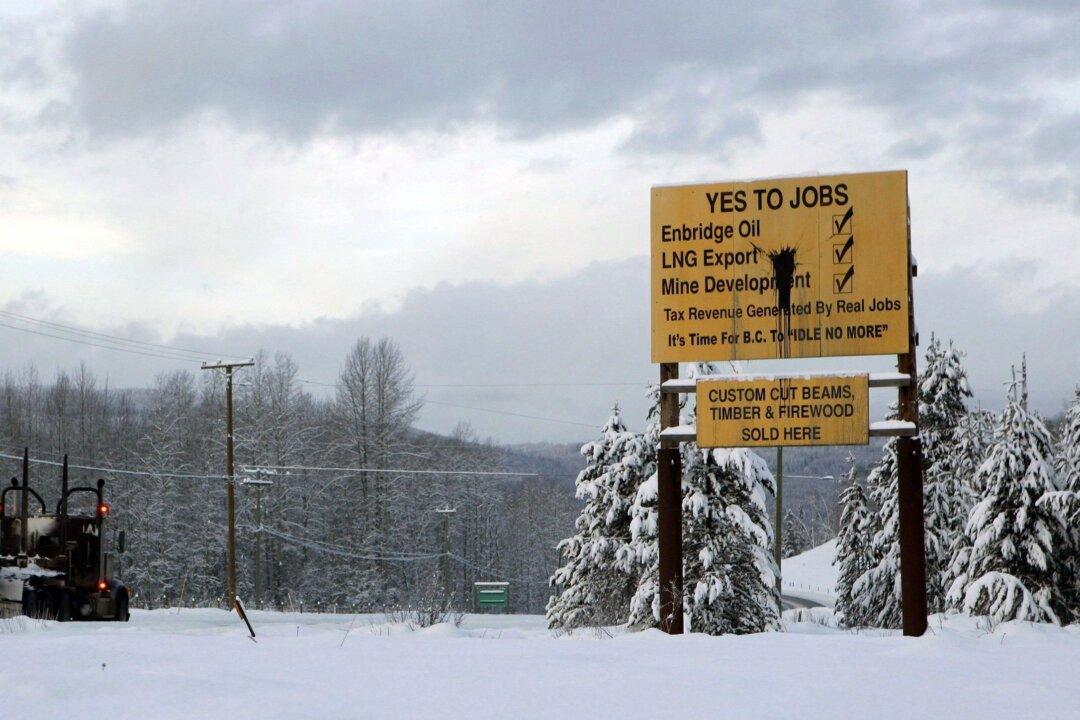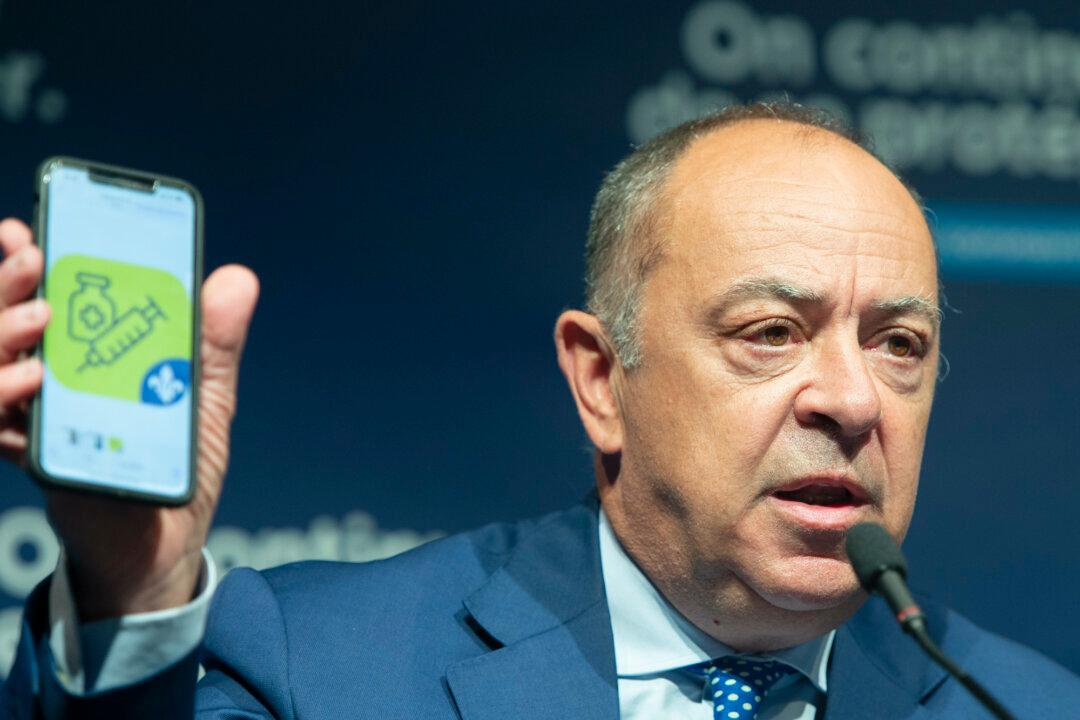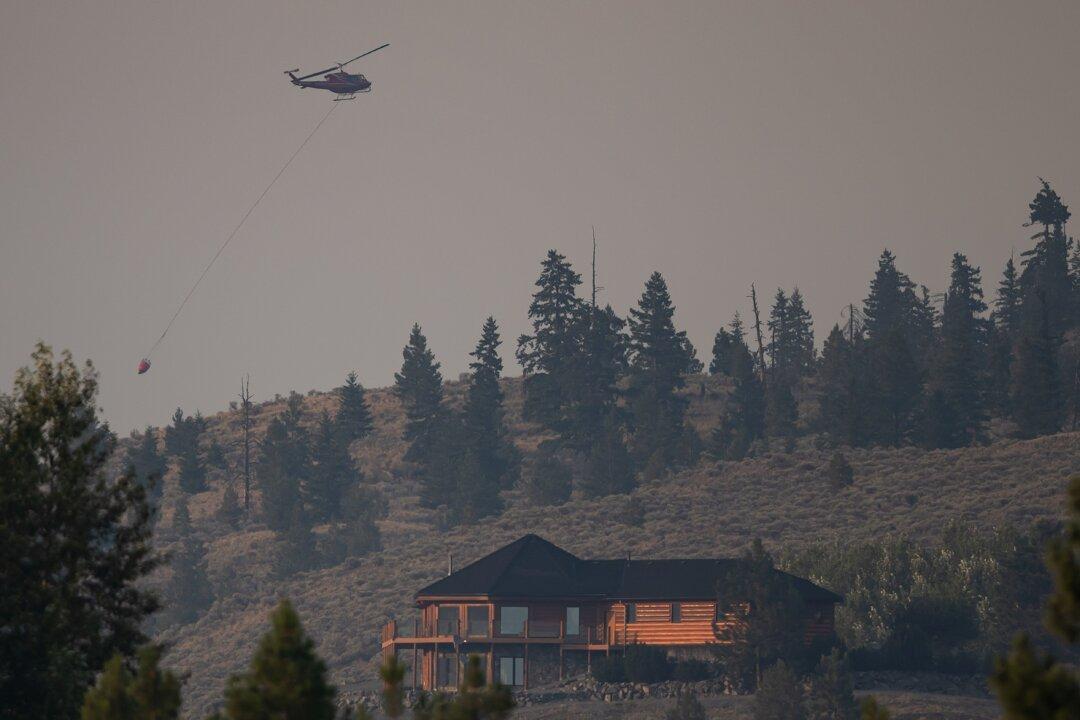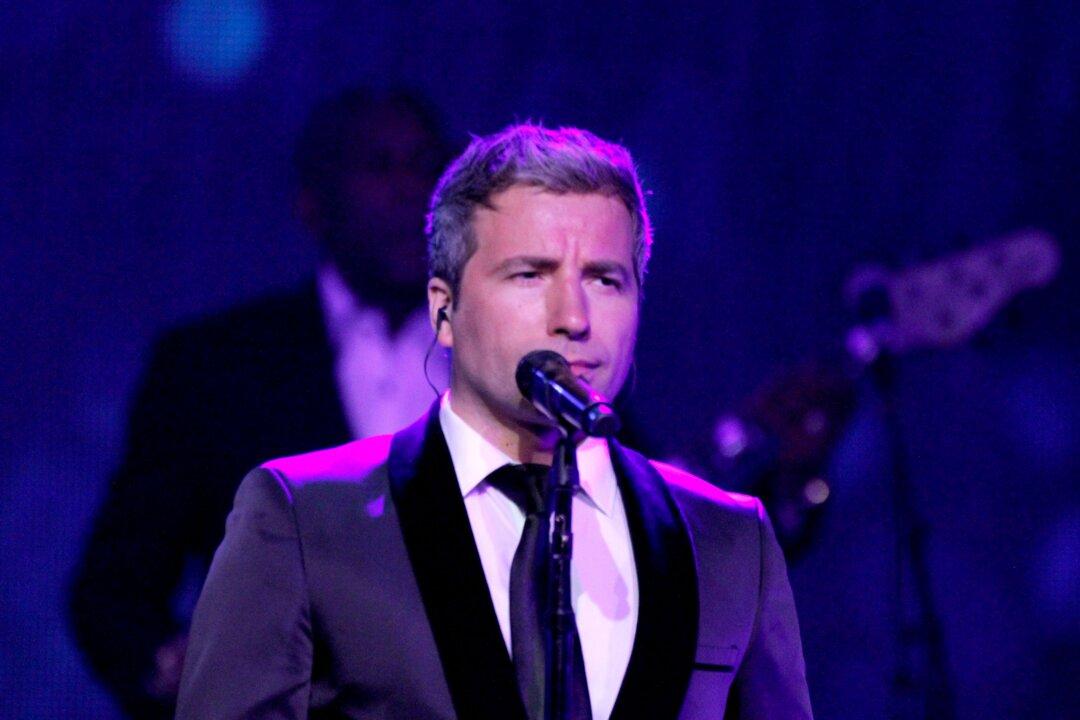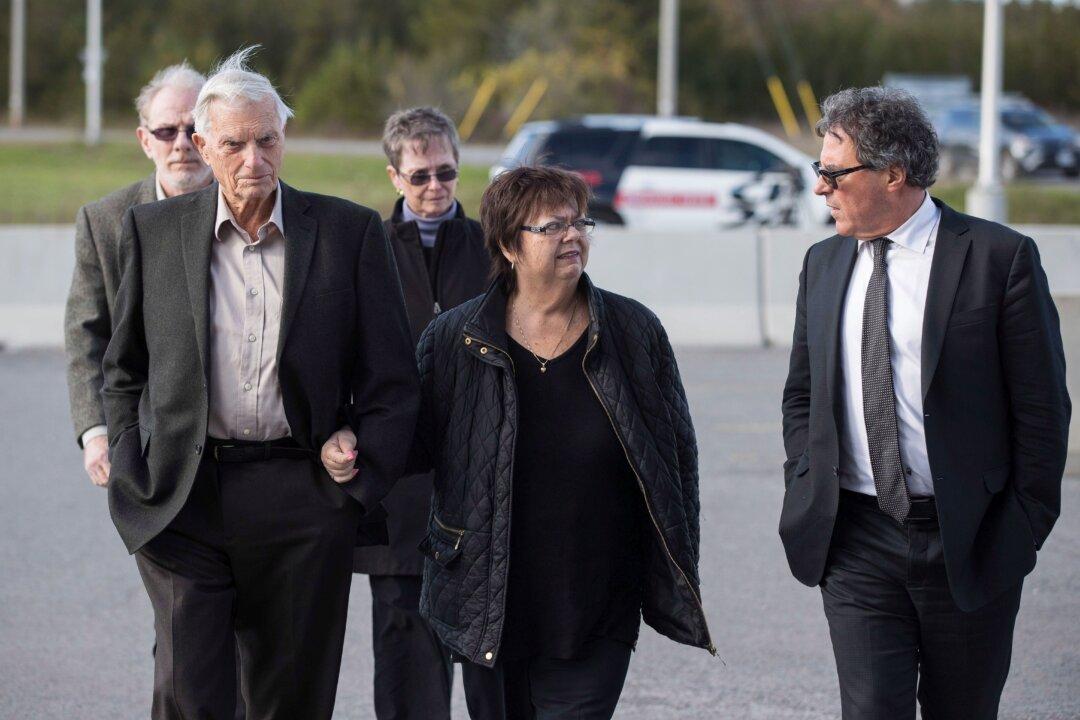A U.N. committee’s recent call on the federal government to halt three major resource development projects in British Columbia continues to spark outrage among Indigenous leaders who are in favour of the projects.
The First Nations LNG Alliance has now issued an open letter to the U.N. Committee on the Elimination of Racial Discrimination (CERD), saying its recommendations should “immediately be withdrawn” and an apology given to the 20 nations that support the Coastal GasLink pipeline, one of the three projects.“The committee should have been aware that that 20 First Nations participated extensively during five years of consultation on the pipeline, and have successfully negotiated agreements with Coastal GasLink,” the letter stated, while accusing CERD of failing to do its research before taking a position.
